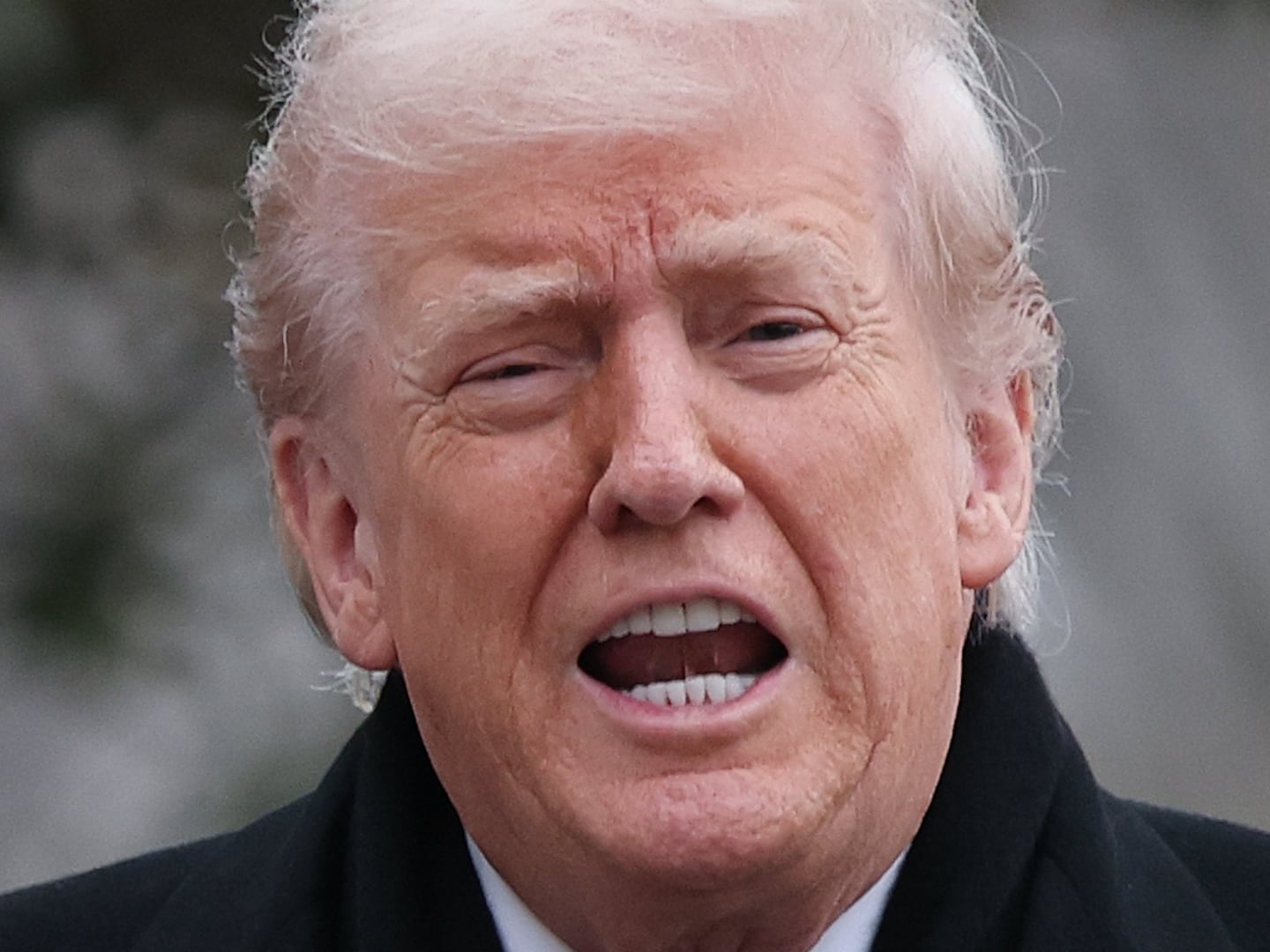Democrats are understandably fearful that the centrist message of Howard Schultz will appeal to voters. Schultz, they say, will ensure that Donald Trump is re-elected! Perhaps Democrats should ask instead why Trump was elected in the first place. Republicans should also ask why Trump blew away a field of mainstream GOP candidates.
The answer seems clear: Both political parties have failed. Their principles are corrupted, their inability to govern is demonstrated daily, and they have lost the confidence of the people. What’s needed is not just a new centrist candidate, but a new party aimed at fixing broken government and liberating Americans to make practical choices.
Most Americans, polls suggest, dislike Washington. Americans don’t seem to appreciate political correctness, regulatory micromanagement, and self-serving phoniness. Voter alienation has been building for decades, reflected in the election of outsider candidates in 10 of the last 11 presidential elections. They’ve all promised, and failed, to rein in Big Brother. Populist anger reached the boiling point with the election of Trump, but he too is mired in the muck. So far, his bluster about “draining the swamp” amounts to little more than reversing certain Obama executive orders.
Where will the electoral pendulum swing next? Socialism? The parties are doubling down on polarization, not presenting a coherent vision that might bring Americans together and fix what’s broken.
A new party is impossible, conventional wisdom has it. But Trump’s election suggests that anything is possible when voters decide to revolt.
Governing shouldn’t be this hard. It’s not hard to imagine a government that rebuilds infrastructure, repeals obsolete laws, gives teachers authority to run classrooms, allows communities to figure out how best to provide social services, and encourages balancing of public choices. Aiming for practicality and fairness would likely appeal to most Americans.
Neither party can get there because they’re committed to absolutist ideologies that preclude practical choices. Both parties are also in the clutches of interest groups which benefit from today’s public paralysis.
Let’s start with Republicans. They call for deregulation. Why is it, then, that government has grown under the last four Republican administrations? Deregulation falters at the altar of public demand: Americans want clean air and Medicare.
What makes government so inept and overbearing is nearly endless red tape. Red tape is cured by letting humans take responsibility, not amputating regulatory programs altogether. Regulatory cops can guard against unsafe workplaces by investigating firms with high injury rates, not making every employer comply with thousands of detailed rules. Is your paperwork in order? Other countries focus on regulatory goals. Other countries also offer “one-stop-shops,” instead of requiring a small business to get permits from 10 different agencies.
Republicans used to be the party of individual responsibility, but their enthusiasm for obliterating government has mutated into self-interest and irresponsibility. “No New Taxes!” might be a coherent policy if Republicans had a plan to cut costs in Medicare or Social Security. But Republicans don’t have a plan, so the result is a skyrocketing deficit. Infrastructure doesn’t grow on trees—so the Republican refusal to consider an increase in the gas tax means bottlenecks and decreasing competitiveness. Are they the party to fix government?
Now let’s look at Democrats. Democrats believe in rights for everyone who claims to be oppressed. Their 2016 platform included sworn support for the rights of dozens of identity groups—grouped by race, ethnicity, gender, occupations, organized labor, and more.
Rights are, indeed, a pillar of our constitutional republic. But the rights the Framers gave us were shields against state power, not swords to get something for ourselves. Governing fairly requires balancing, not rights. Every public dollar involves a moral choice—one dollar here is a dollar not available there. Due process too has mutated into a sword for self-interest. Why should a lousy teacher have the “right” to keep her job? What about the rights of the students?
The Democrats’ obsession with rights has made government virtually unmanageable and corroded daily freedoms. How ironic it is that, in the land of the First Amendment, employers no longer feel free to give a job reference, and political incorrectness can get you fired.
Neither party can escape from the corners they’ve painted themselves into. Few Democratic politicians would dare buck the public employee unions, or the trial lawyers, or identity fanatics who will chain themselves to a politician’s door rather than give up any so-called rights. Republican obeisance to pledges of No New Taxes, no gun control, and radical de-regulation demonstrate, beyond doubt, an inability to make the practical choices needed to bring Americans together.
That leaves maybe two-thirds of the country not represented by either party. Do you care about climate change, wage stagnation, and campaign reform? How about cutting red tape, lawsuit reform, and restoring public accountability? Those goals are not inconsistent, and, indeed, are mutually beneficial. But they’ll never happen with parties whose first allegiance is to anti-social ideologies and groups.
The rotten root that spawned these unworkable ideologies was the post-’60s fixation on guaranteeing correct public choices in advance. Democracy would be better than fallible people. Striving to dictate correctness in every public decision was like Miracle-Gro for red tape. As it got almost impossible to get things done, party leaders argued over abstract theories. More Rights! No New Taxes!
Centrist policies will not work unless coupled with a new governing vision that liberates practical choices at every level of responsibility. The only cure to voter alienation is a realistic sense of voter ownership. Americans need to be given back the dignity, and self-respect, of accomplishing things in their own ways, and in their own communities. This requires abandoning the 50-year growth of bureaucratic kudzu, and replacing it with simpler, goal-oriented structures activated by humans taking responsibility, more like, say, the principles in the Constitution.
The new political party can start as a movement, available to politicians of both sides, just as the progressive movement was. Instead of a laundry list of reforms, the movement should be grounded in a few principles such as these:
–Revive individual responsibility, at all levels of society, to meet public goals. Regulating by goals, not red tape, flings open the doors of democracy for compromise, practicality, and more local ownership of public services.
—Judge public choices by their fidelity to the common good, not by self-interested people pounding the table for themselves. Reviving the moral basis of public debate will elevate stewardship for the future as a core value, and drive self-interest back into the shadows.
—Empower Americans to hold each other accountable by these principles. Deciding who gets the job done, and is faithful to common goals, is the currency of a free democracy.
Do you think the Republican Party or the Democratic Party can lead America where it needs to go? Howard Schultz is only the beginning. America needs a new party.
Philip K. Howard is Chair of Common Good and author of the new book TRY COMMON SENSE: Replacing the Failed Ideologies of Right and Left (W.W.Norton 2019).







